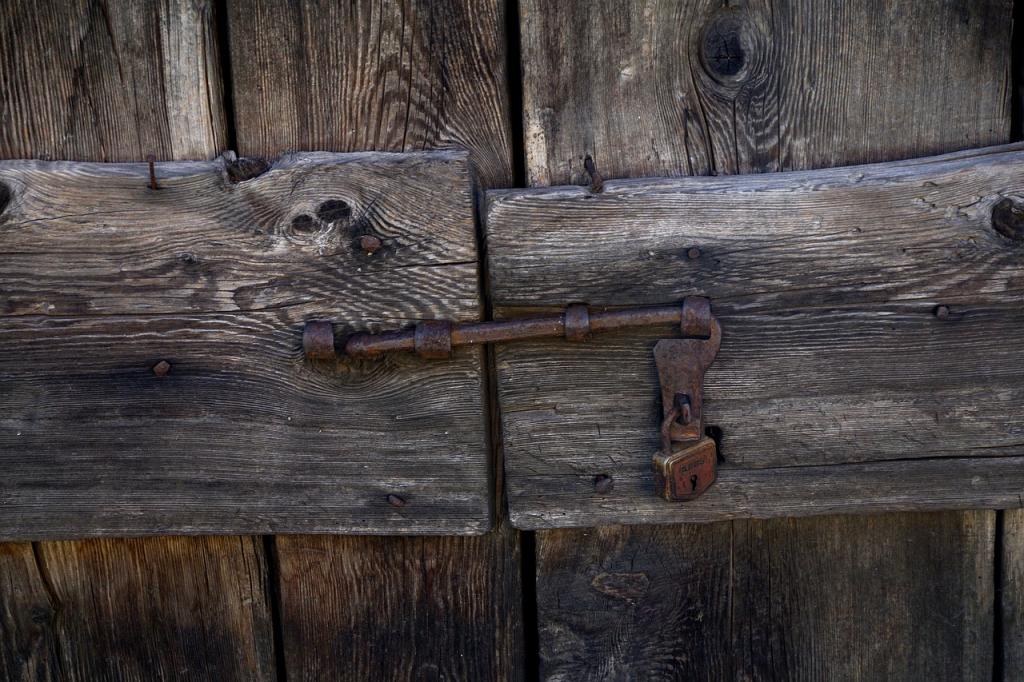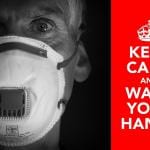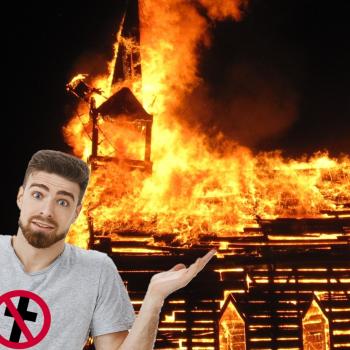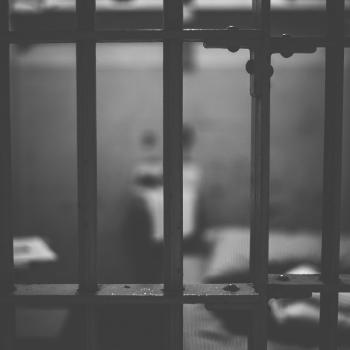
It sure is a strange time to be alive. In the wake of public closures of ‘nonessential services,’ it really makes me consider how we take human interaction for granted. I think we’ve been truly blessed to live in a time when the internet sort of alleviates the feeling of isolation, but certainly doesn’t replace in-person conversation — especially when it comes to the Church. With that being said, I have a somewhat strange reflection to share. Given that we are approaching Easter, I figured reading the passage on the First Passover would be appropriate:
Then Moses called all the elders of Israel, and said to them, “Select lambs for yourselves according to your families, and kill the passover lamb. Take a bunch of hyssop and dip it in the blood which is in the basin, and touch the lintel and the two doorposts with the blood which is in the basin; and none of you shall go out of the door of his house until the morning. For the Lord will pass through to slay the Egyptians; and when he sees the blood on the lintel and on the two doorposts, the Lord will pass over the door, and will not allow the destroyer to enter your houses to slay you. You shall observe this rite as an ordinance for you and for your sons for ever. And when you come to the land which the Lord will give you, as he has promised, you shall keep this service. And when your children say to you, ‘What do you mean by this service?’ you shall say, ‘It is the sacrifice of the Lord’s passover, for he passed over the houses of the people of Israel in Egypt, when he slew the Egyptians but spared our houses.’” And the people bowed their heads and worshiped.
Then the people of Israel went and did so; as the Lord had commanded Moses and Aaron, so they did.
— Exodus 12:1-28 RSV
Now before I continue, I am not by any means implying that the COVID-19 virus is some form of divine punishment brought upon us directly by God since nobody know this for sure. Though I won’t rule out the possibility that there may be spiritual implications involved with the spread of the virus, there are many other factors that have contributed to the situation — such as human error in conjunction with an act of nature. It would seem unfair that a God of love would condone having civilians suffer greatly because of the actions of their leader who refused to set the Hebrews free, but I think in every large-scale disaster that was brought upon by God there was always a way to survive or endure it. Noah’s Ark during the great flood and the bronze serpent would be a couple examples from the Bible. The difference between the First Passover and the COVID-19 situation is that the ancient Hebrews marked their doors as a way of marking themselves ‘safe’ from death entering their doorsteps.
The passage in Exodus is foreboding in itself given the knowledge of what happens to the Egyptians afterwards. Although this is a completely different scenario, there seems to be a slight parallel between the Passover quarantine and our current situation with self-isolating to prevent the spread of COVID-19. We may not be in a position where we would have to slaughter a lamb and spread its blood on our front door frame, but the task of self-isolating, washing and disinfecting our hands for the sake of alleviating sickness and death seems to be somewhat allegorical to the effects of grace.
Christians all over the world are distraught about worship services being cancelled. For many Christians, our church communities are woven into our lives in such a way that it’s difficult to imagine life without them. The current circumstances that force us to physically distance ourselves seems to be a form of purgatory within itself — though thanks to the internet, I think we are in a much better position now than we were maybe 20 or 30 years ago to endure such isolation. While being unable to be physically present at our liturgies and worship services is painful, we can at least be assured that we are still connected spiritually and electronically.
Given this, I’ve also been reflecting on when Jesus heals the man with a shriveled hand on the Sabbath day.
Again he entered the synagogue, and a man was there who had a withered hand. And they watched him, to see whether he would heal him on the sabbath, so that they might accuse him. And he said to the man who had the withered hand, “Come here.” And he said to them, “Is it lawful on the sabbath to do good or to do harm, to save life or to kill?” But they were silent. And he looked around at them with anger, grieved at their hardness of heart, and said to the man, “Stretch out your hand.” He stretched it out, and his hand was restored. The Pharisees went out, and immediately held counsel with the Hero′di-ans against him, how to destroy him.
— Matthew 3:1-6 RSV
It’s a strange reflection, but this passage along with the Passover reflection seem to offer some comforting perspective on our current situation. While the members of the Body of Christ continue to function from a distance, the Church is simultaneously helping to encourage healing from the virus while observing holy feast days.
As we approach Holy Thursday, we can be reminded that God is far larger than our current circumstances and sometimes calls for us to be uncomfortable in order to appreciate the graces He offers us. And if that means staying home while healthcare professionals are working at the front lines, we can be assured that Christ is the ultimate physician who knows what’s best for the Church.












